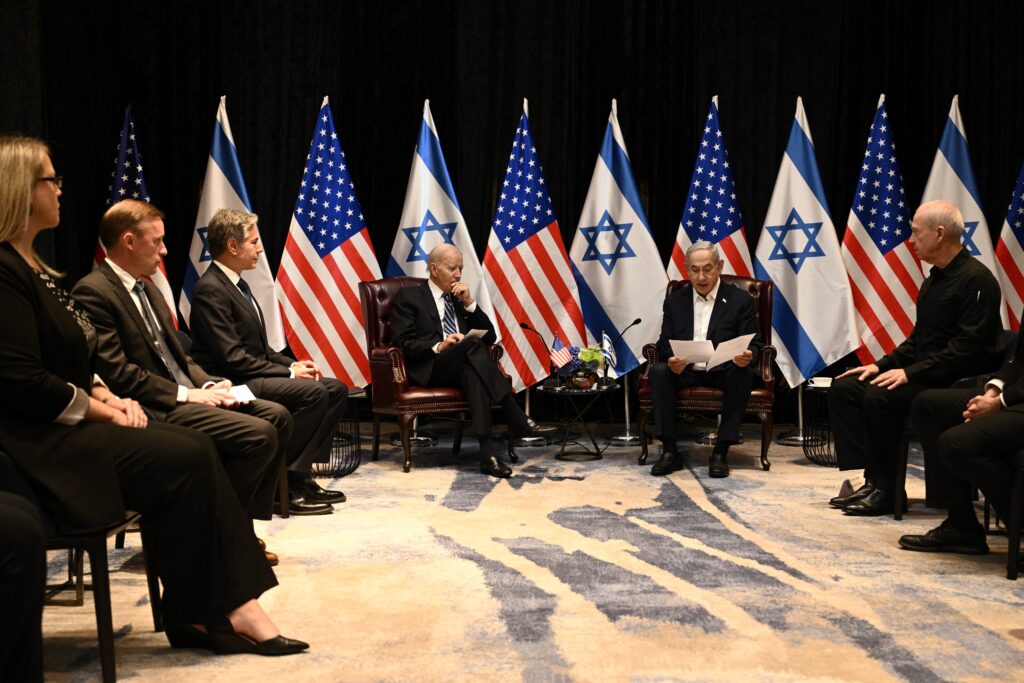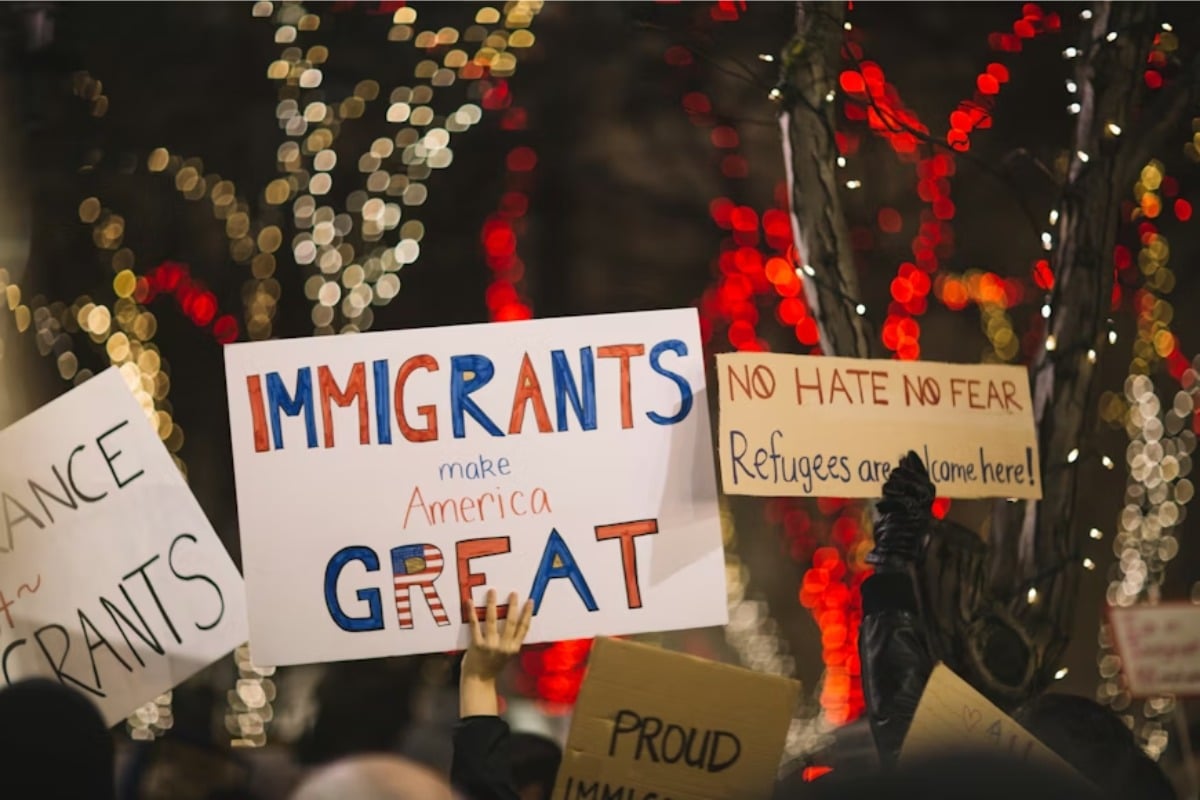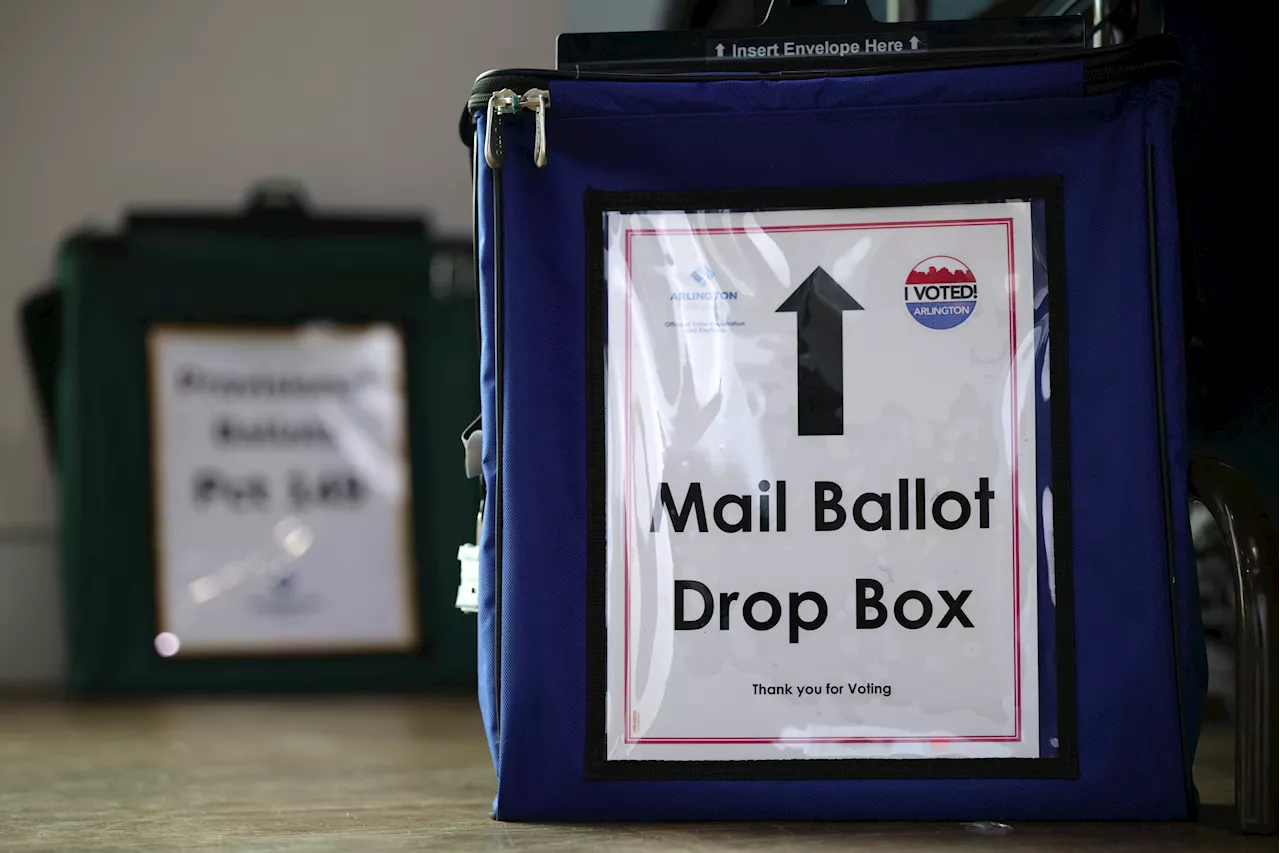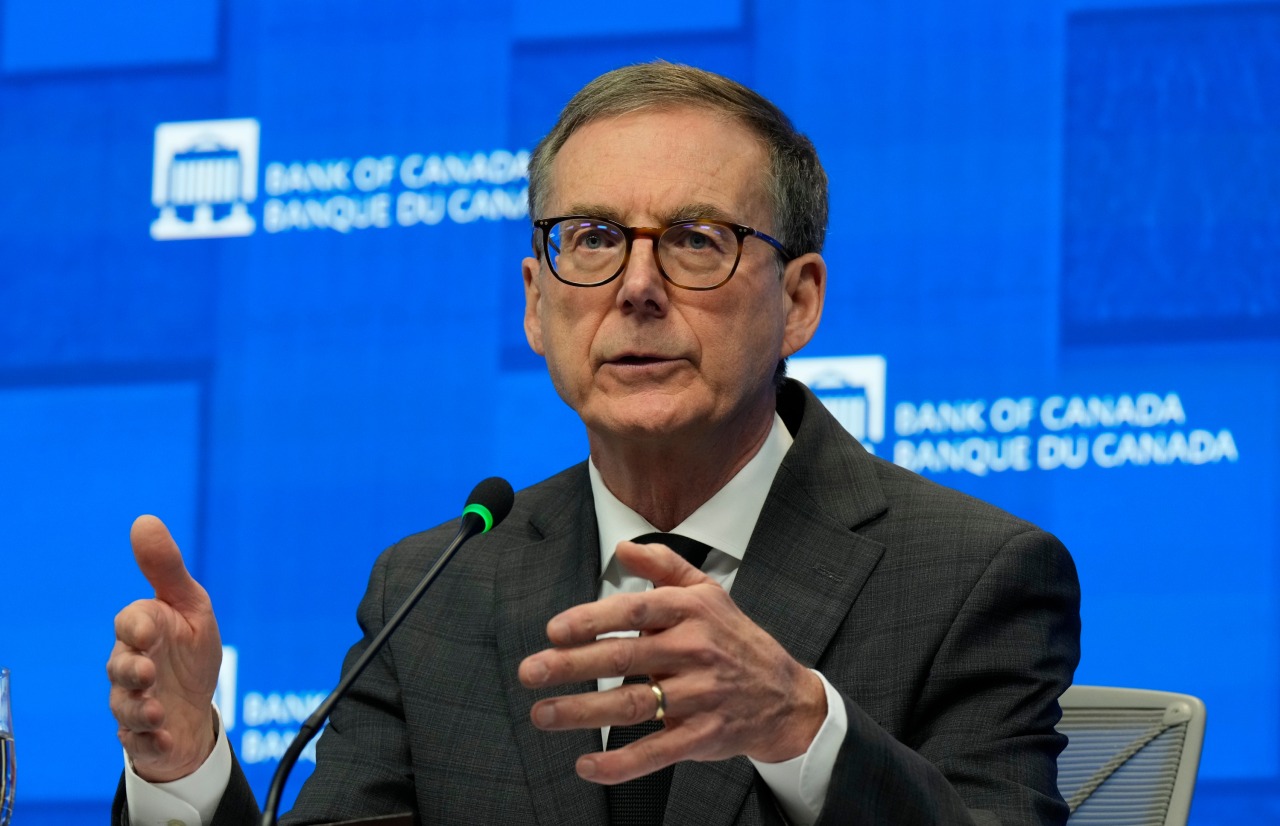
In a recent episode of the Bridging the Gap Podcast, host Rachel Nelson engages with Andrew P. Miller, a senior fellow at the Center for American Progress and former deputy assistant secretary of state for Israeli-Palestinian Affairs. Their discussion delves into the complexities of U.S. policy towards Israel and Palestine, particularly in light of the ongoing conflict and recent events in Gaza.
Shaping U.S. Policy in a Volatile Region
During the conversation, Miller reflects on his experience shaping U.S. diplomatic strategies in the context of the Israeli-Palestinian conflict. He emphasizes the importance of sanctions aimed at those who perpetrate violence in the West Bank, highlighting how these measures are part of a broader effort to stabilize the region.
Miller notes that U.S. engagement has evolved significantly, particularly in response to Israel’s military actions in Gaza. He discusses the challenges faced by the State Department in balancing support for Israel with the need to address the humanitarian crisis affecting Palestinians. The recent escalation of violence has intensified these challenges, prompting a reevaluation of U.S. strategies.
According to Miller, effective regional diplomacy is essential for progress. He argues that multilateral efforts, involving key stakeholders in the Middle East, are crucial to fostering dialogue and reducing tensions. This collaborative approach aims not only to address immediate concerns but also to lay the groundwork for a sustainable peace.
The Future of U.S. Engagement
Miller’s insights reveal a nuanced understanding of the intricacies involved in U.S. foreign policy. He acknowledges that while the U.S. has historically been a strong ally of Israel, there is a growing recognition of the need to advocate for Palestinian rights and interests as well. This dual approach is vital for maintaining credibility in the region.
As the conflict continues to unfold, Miller stresses the importance of humanitarian considerations alongside political objectives. He calls for a renewed commitment to diplomacy, urging policymakers to engage more actively with both Israeli and Palestinian leaders. By doing so, the U.S. can play a pivotal role in promoting peace and stability in a region long marked by strife.
The views expressed in this article reflect Miller’s personal insights and do not represent an official policy or position of the New Lines Institute. As discussions around U.S. involvement in the Israeli-Palestinian conflict evolve, the effectiveness of these diplomatic strategies will be closely monitored by both domestic and international observers.






